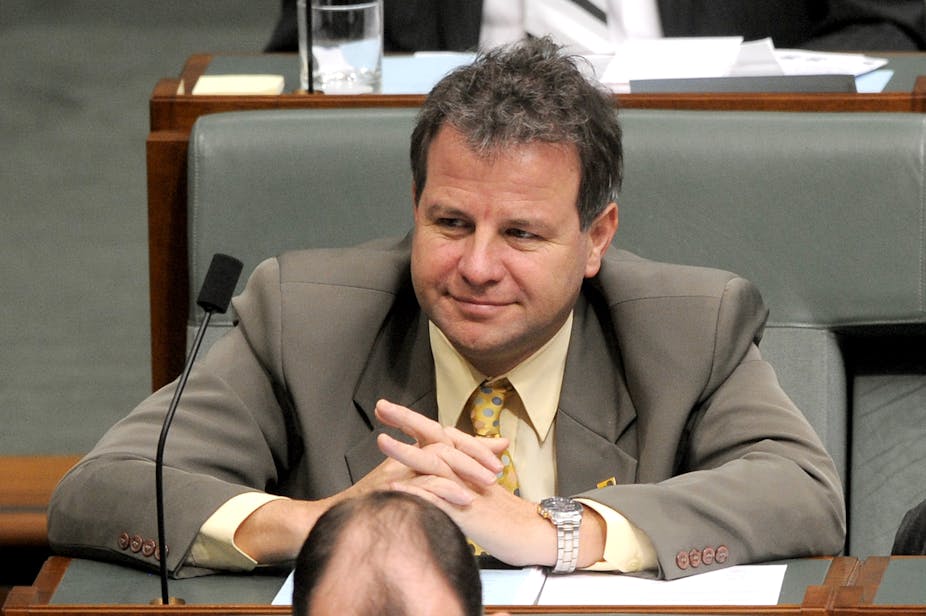Liberal backbencher Dennis Jensen has attacked the absence of a coherent science policy, and questioned the budget’s plan for a huge medical research fund when cuts are being made to other science areas.
There appeared to be a lack of understanding of how science worked, said Jensen who has a PhD in Materials Science and Physics and worked as a research scientist.
“Many advances, including in the medical field, are not the result of directed research, but [come] as a matter of more fundamental research that was not directed,” Jensen said.
He instanced X-ray and cat scans and radiotherapy for cancer, which came from fundamental physics looking at atomic structure. MRI also came from fundamental physics, and PET scans from fundamental work on antimatter.
“These were not the result of some effort co-ordinated by government to achieve a specific breakthrough – they are a result of work driven by the quest for knowledge and understanding, that had fortuitous benefits.”
He said there were a lot of questions with the proposed $20 billion medical fund.
“Is this funding to medical research going to be general, or specifically targeted at cancer, Alzheimer’s and the like?
"How are we going to source those researchers? They don’t grow on trees, and the training required is long and arduous, and very long lead times are required.
"What is this saying to those who might want to become mathematicians, physicists or chemists, hard sciences that are already in crisis?”
Jensen asked how it was coherent policy to massively increase medical research when there were significant cuts to CSIRO, the Defence Science and Technology Organisation, the Australian Nuclear Science and Technology Organisation, the Australian Research Council and the Australian Institute of Marine Science.
He renewed his attack on the absence of a science minister, which he first made when the ministry was announced. “Not a single G8 nation lacks a dedicated science minister, and this bodes ill for our future.”
Speaking in Parliament on the budget on Tuesday night, Jensen, a former defence analyst, criticised the government’s decision to buy Joint Strike Fighters for more than $190 million a plane.
He said he had been with the Defence Science and Technology Organisation when the decision on the JSF was originally made and the Air Operations Divisions had just worked up a methodology for comparing contenders.
“The analysis was never undertaken,” he said. The JSF remained “the solution” despite huge blowouts in cost, significant schedule slips and capability redefined down.
He said he was concerned that senior officers who provided advice on military capabilities that cost billions of dollars had no requirement to have a register of pecuniary interests.
“I am aware of influence peddling by defence contractors with both defence personnel and some journalists in the media, with all sorts of benefits provided.
"We should implement a register of what largesse has been provided to senior defence personnel by defence contractors.
"We also need to ensure that these personnel do not get jobs in defence industry immediately they leave the services,” he said. “There are too many who get jobs with contractors where they have provided advice favouring that contractor’s product.”

